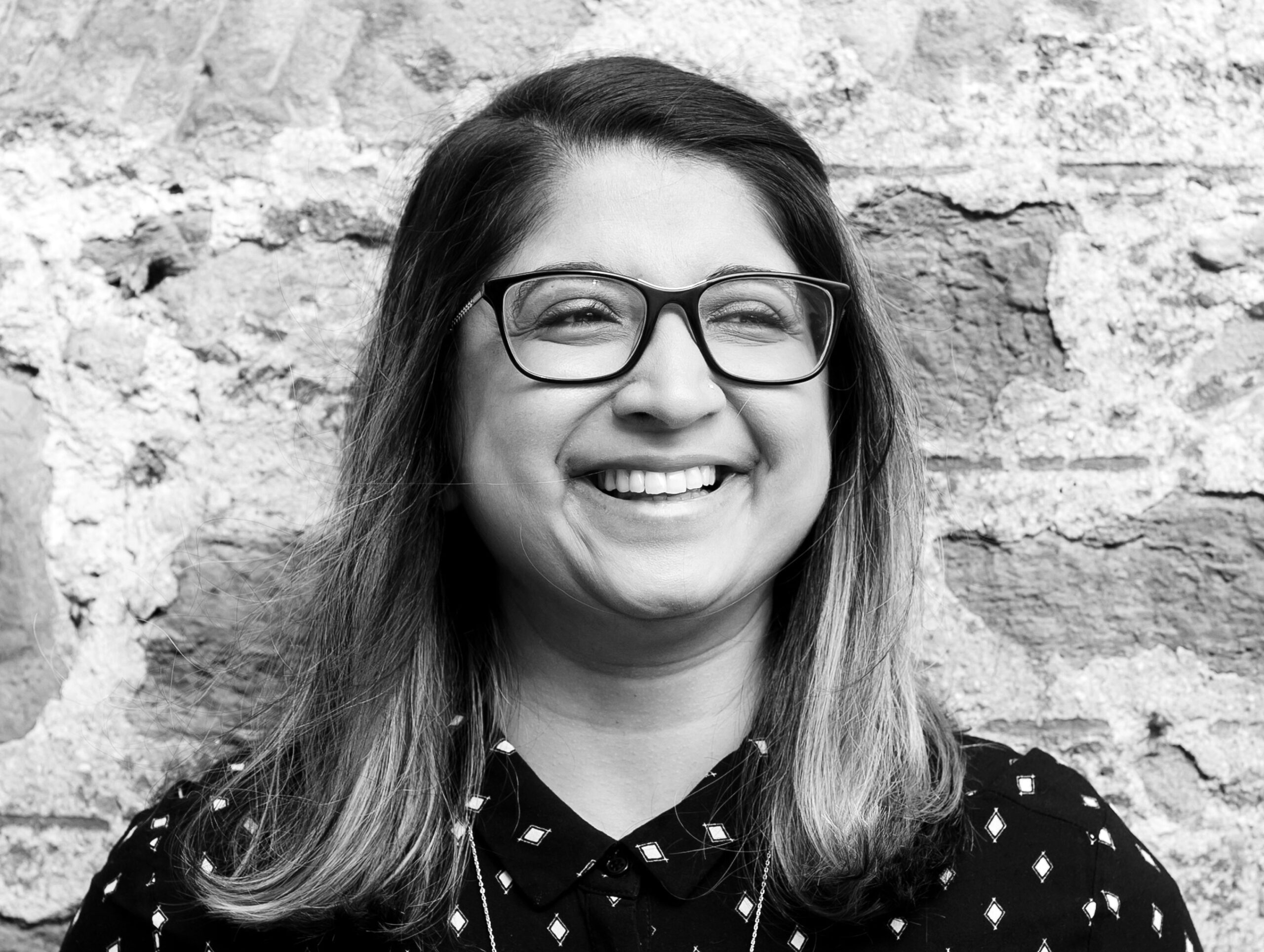Shruti Jain on what could be lost due to the #RunningCostsCrisis
Saheliya was set up in 1992 in Edinburgh, by two women. They did this because they identified a gap in mainstream mental health provision for ethnic minority women.
Thirty years later, in 2022, that gap still exists.
Each year we support more than 1,300 women and girls (12+), from 52 countries, experiencing mental ill health as a result of gender-based abuse, violence and torture compounded by institutional and societal discrimination including racism. We work from our bases in Edinburgh and Glasgow to provide support in Scotland’s largest cities and surrounding areas.
We support women who are unable to access mainstream services, with the result that we are the ‘last domino’ – if we don’t support women there is nowhere else to refer them to, so they and their children remain at significant risk.
Like so many other grassroots organisation we were in a unique position to offer a range of flexible support and services to women during Covid-19 and subsequent lockdowns. Our staff went above and beyond during the pandemic, while dealing with significant change to their own personal circumstances, to ensure that at least some specialist support was available.
Unsurprisingly demand for our services quadrupled since the start of lockdown in 2020.
But the mental health needs that existed for our women and girls before Covid-19, were exacerbated during the pandemic and continue to remain after the pandemic. The issues remain the same – stark inequalities in service provision.
Our turnover last year was £1.3 million yet our funding journey has been – and continues to be - an emotional rollercoaster with highs and lows. The personal cost to staff of constantly applying for grants is huge. There is little downtime, and as one application goes in there are more with tight deadlines on the ‘to do’ list; it is relentless. And the lack of full-cost recovery from many funders means that the staff time dedicated to fundraising and development isn’t covered. Over recent years we were a victim of contract culture, most notably when a large charity, predominantly white and male-led, successfully tendered for a City of Edinburgh Council contract for specialist ethnic minority women’s therapeutic services. It was Saheliya who identified the need for these services in 1992, delivering them to a high standard and developing them constantly for almost two decades. The appeal process was impossible for a small organisation like us.
This was followed by European funding being largely ended by Brexit; this coincided with our two very large National Lottery Community Fund grants coming to an end.
We have developed income generating childcare services and expanded into Glasgow, constantly broadened our grant funding base, and developed income through individual and corporate donations.
These successes have required specialisms in business development and fundraising unrelated to core activities. Saheliya has two members of the senior management team with extensive experience in these fields.
However in recent years we are increasingly concerned at:
· The continuing rise in the level of referrals to us of high risk cases whom no other mainstream or other agency appears able or willing to deal with,
· and our under-resourcing given the levels and nature of referrals.
Organisations like Saheliya operate from within the community. We have trusted relationships to support people in a dignified manner in a way that mainstream services struggle.
We do the work of mainstream services.
We support some of the most marginalised and vulnerable women in our communities every single day. We save lives.
With the cost of living crisis, our women will need our support more than ever. And alongside this we face significant increases in costs as a charity, not least in our energy bills across our two sites. We are bracing ourselves for a challenging future as we experience yet another increase in demand for our services with insufficient resources.
Frontline delivery is the bread and butter of organisations like ours and not writing funding applications or bidding for tenders. There needs to be a re-examination of the processes that continue to remain unfavourable to third sector organisations, including systemic racism that disadvantage ethnic minority women’s organisations like ours. There needs to be a redistribution of power and central resources proportionate to specific local needs identified by disaggregated local data that breaks down multi-faceted needs.
We have heard throughout the Covid-19 pandemic, and since, of the long-standing inequalities for the most marginalised and vulnerable in our communities including ethnic minority women. The third sector has demonstrated the speed, creativity, flexibility in how it operates by supporting some of the most marginalised groups. Significant steps now need to be taken to build up our long-term capacity in this work – to protect our women from significant risk, and even death.
Shruti Jain is chairwoman of Saheliya
About Saheliya
Saheliya is a specialist mental health and well-being support organisation working with women (12+ years) experiencing racial inequality in Edinburgh, Glasgow and other parts of Scotland.
Saheliya promotes mental well-being by combating the effects of discrimination and abuse, reducing the stigma of mental health, improving access to mainstream services and dismantling the pervasive structural inequality that exists for minority women. Saheliya’s services and partnership work extends through healthcare, housing, education, employment, immigration and access to justice- delivered across Edinburgh, the Lothians, and Greater Glasgow, as well as wider Scotland.
We develop our service user’s self-esteem and confidence as well as reduce barriers such as isolation and depression. We do this by using a range of wrap around services including counselling, complementary therapies, group work, practical support, advocacy, youth work and learning opportunities. Our services are free and confidential. Childcare for under-fives is available on request. Saheliya's social enterprises, Around the World Childcare in Edinburgh and our Play and Learn Centre in Glasgow, comprise of nurseries and creche facilities open to all while supporting service users.
To find out more about Saheliya visit www.saheliya.co.uk, or follow us on Twitter @Saheliya.







